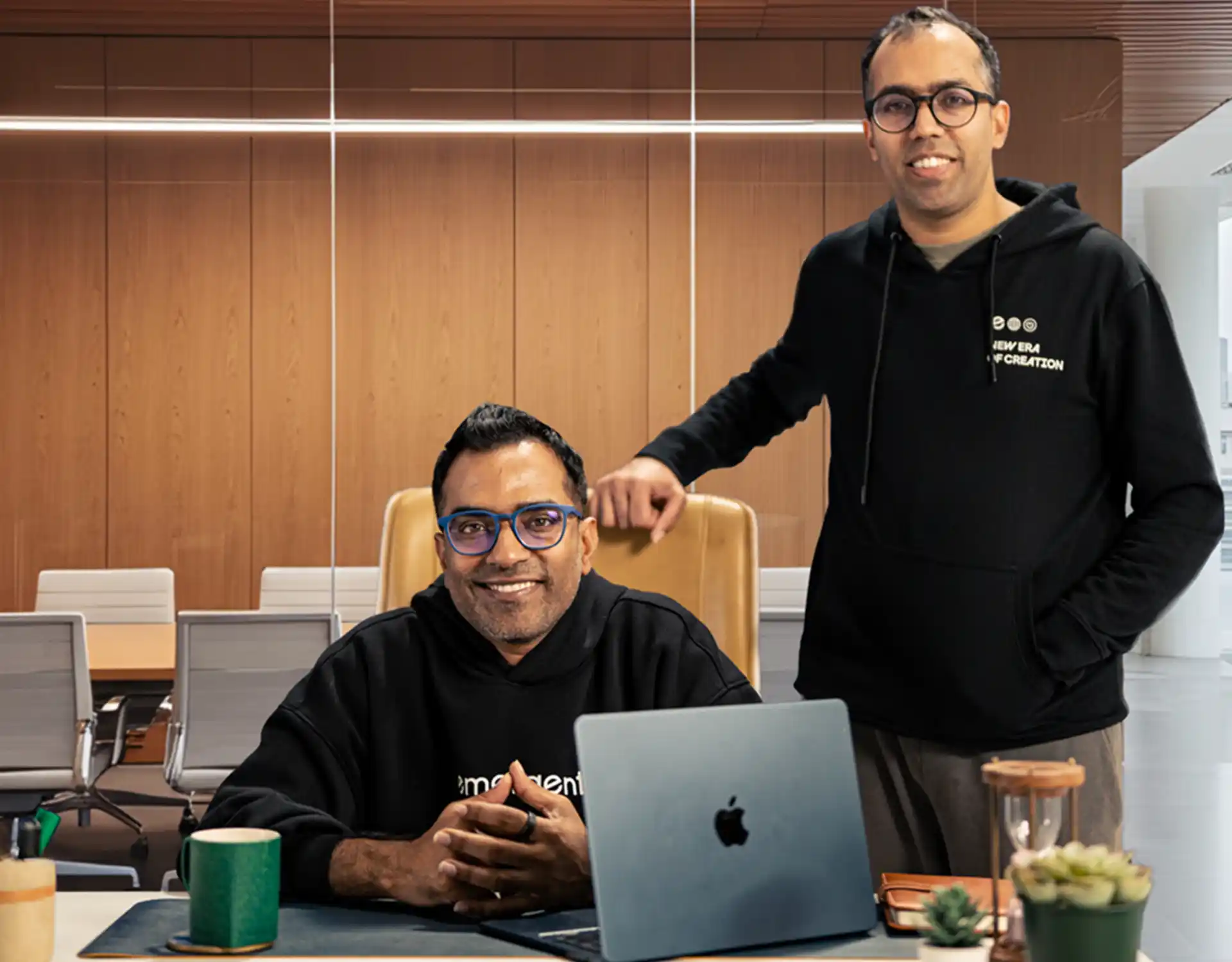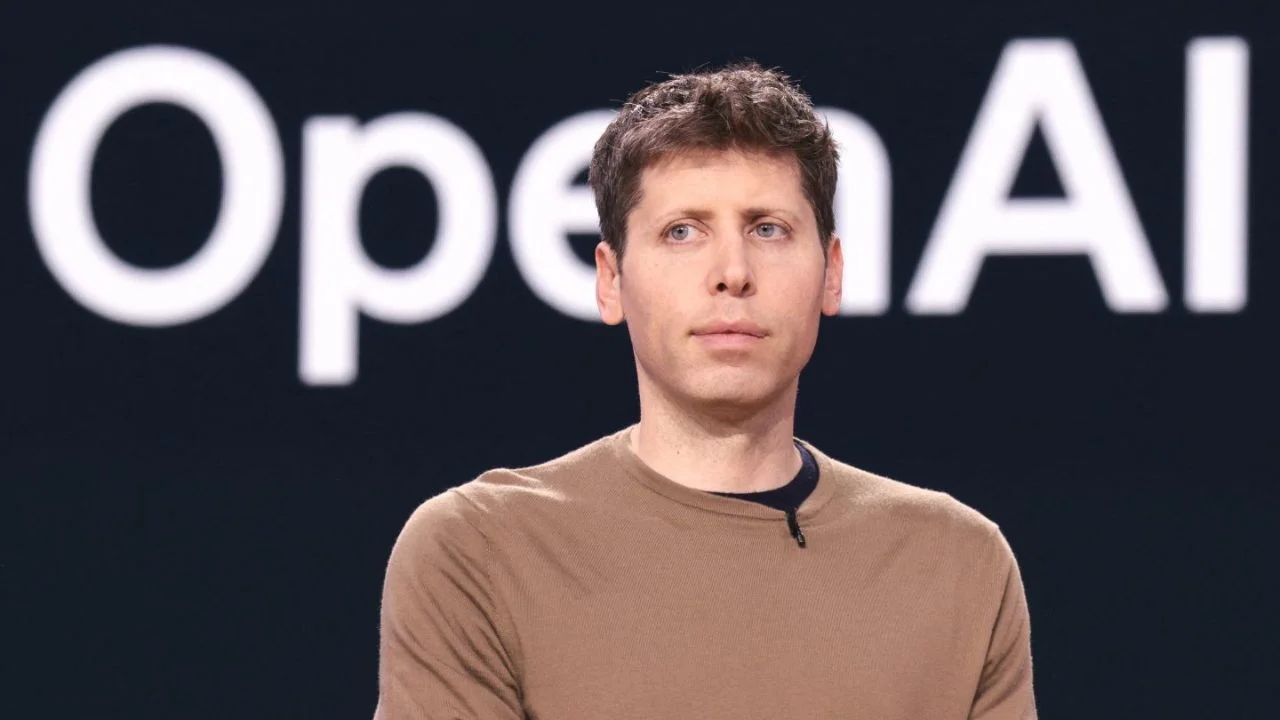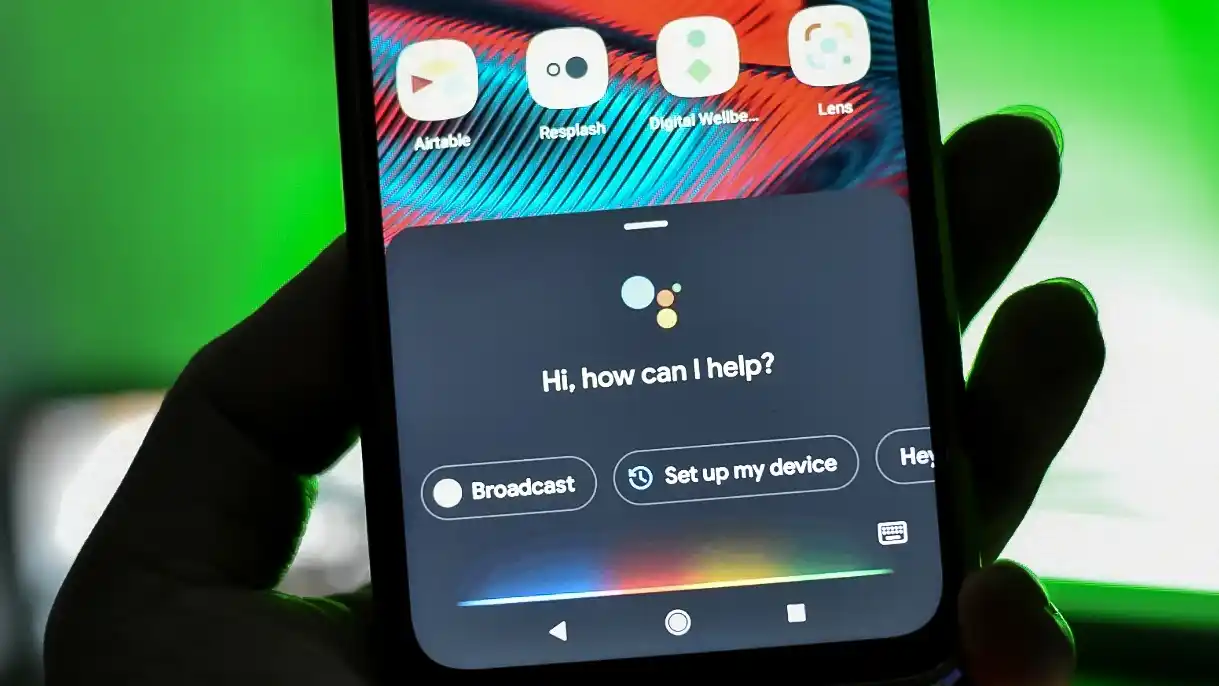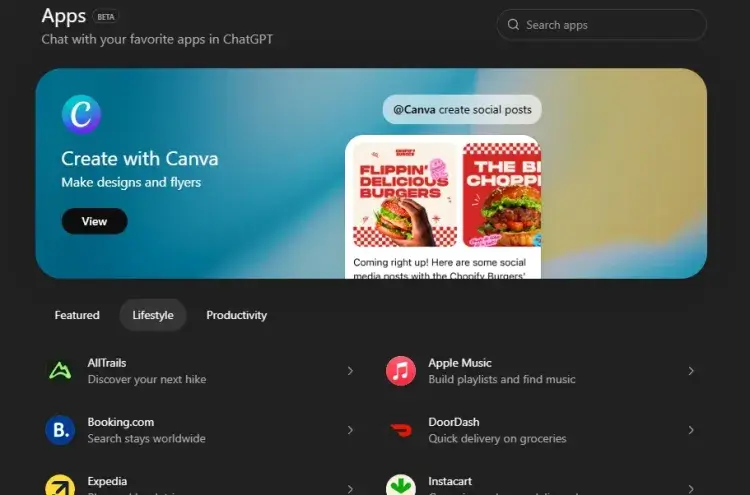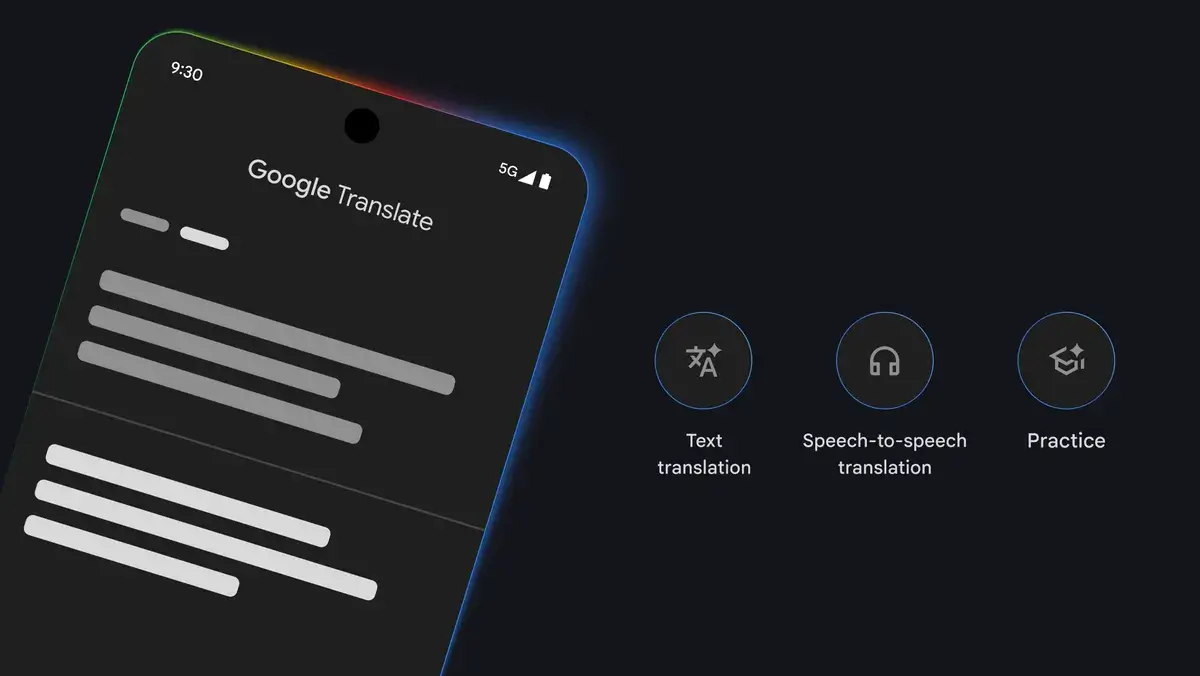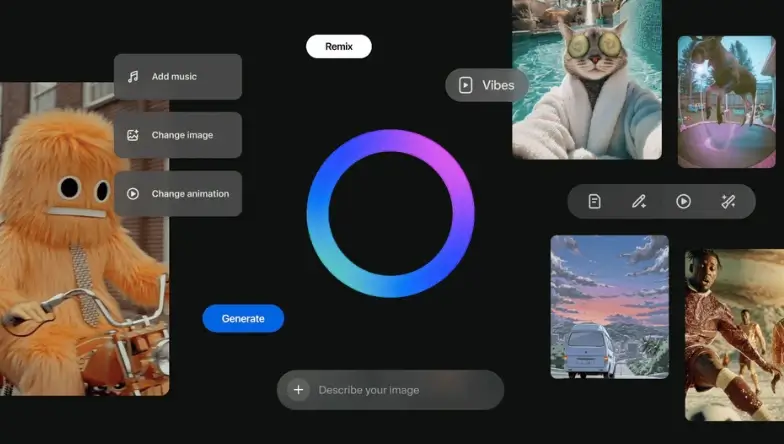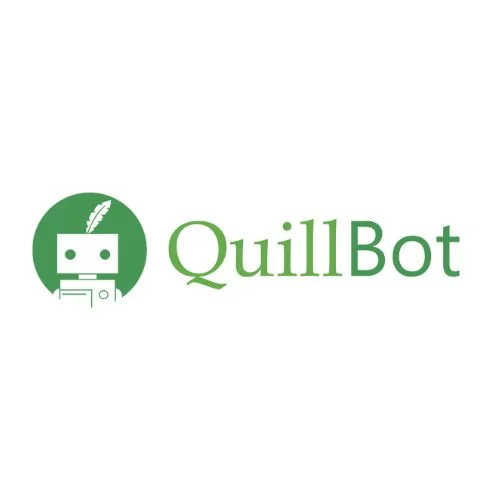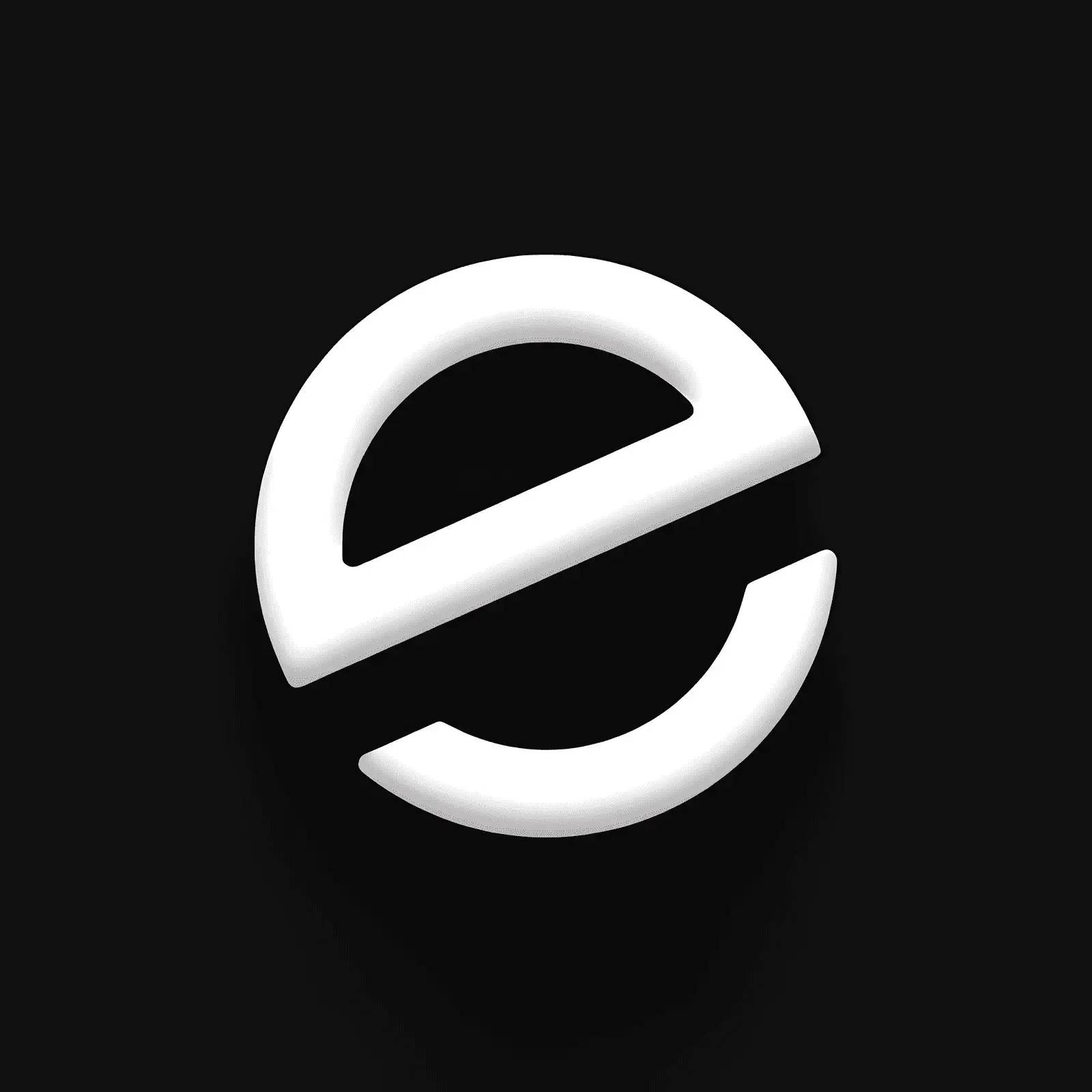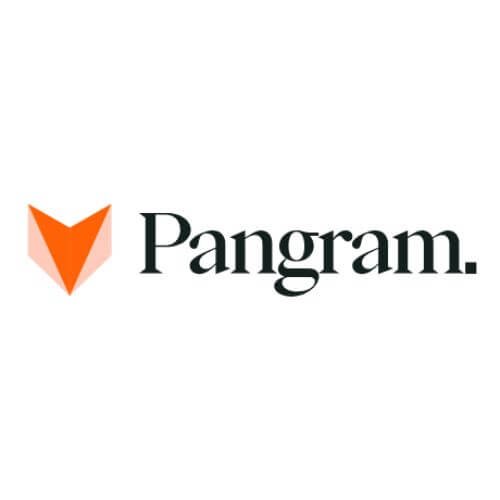ChatGPT’s new update turns workplace data into answers
When knowledge becomes searchable, productivity hits a new level.
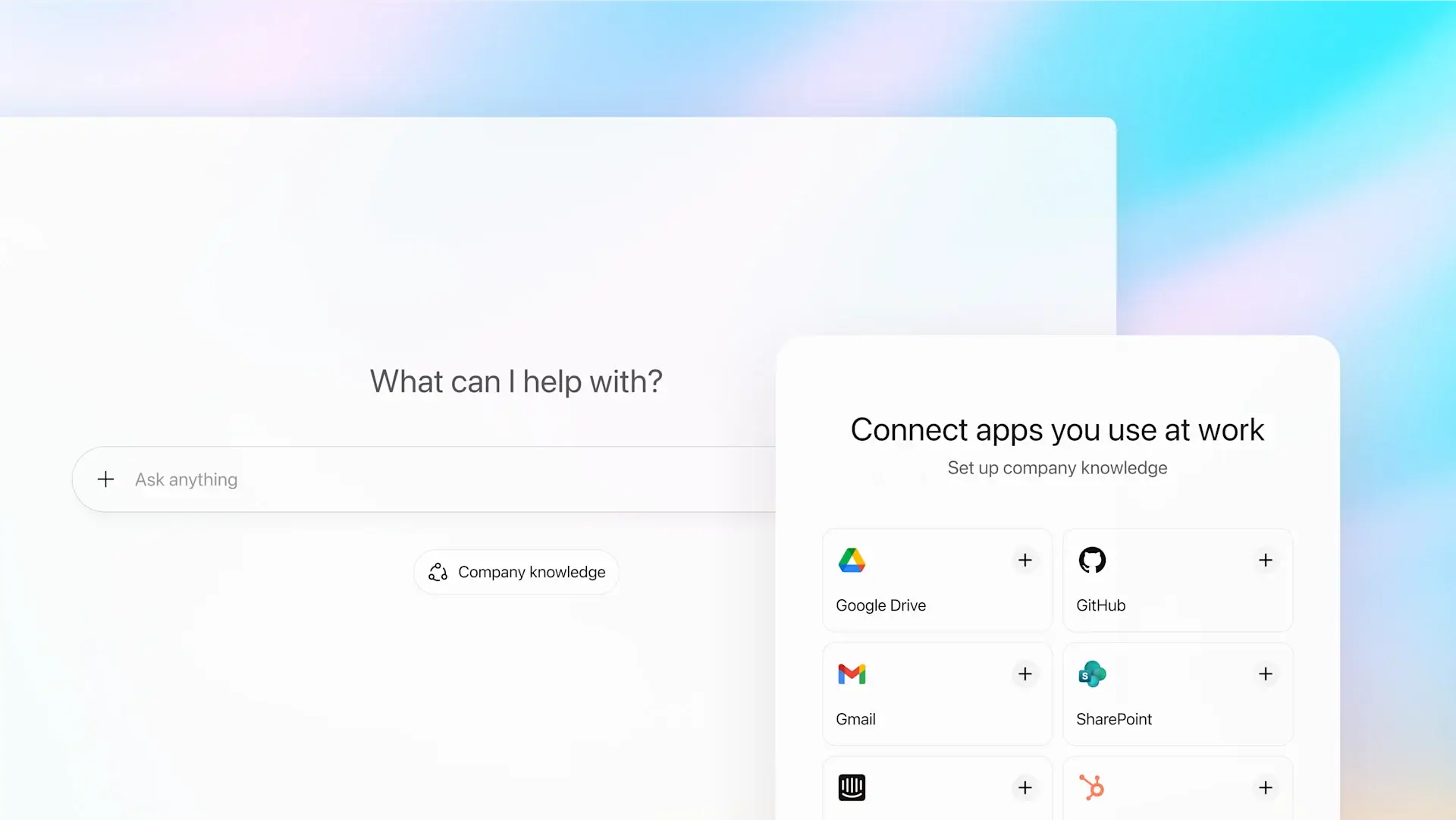
Work just got a little less messy. OpenAI has rolled out a new ChatGPT feature called “Company Knowledge” — and it’s quietly transforming how teams handle information overload. Imagine using ChatGPT as a conversational search engine that can instantly pull details from your company’s Slack threads, Google Drive folders, SharePoint docs, or GitHub repositories — all in one chat. That’s exactly what this update does.
Powered by a refined version of GPT-5, the new system allows Business, Enterprise, and Education users to connect ChatGPT directly with their internal tools. Instead of spending minutes (or hours) searching through messages, reports, and files, users can simply ask — and ChatGPT compiles everything, complete with clear citations so you know exactly where each piece of information came from.
Think about the difference this makes for teams. Preparing for a client call? ChatGPT can now create a full briefing document by pulling recent Slack messages, key details from past emails, notes from Google Docs, and any open support tickets in Intercom — all in seconds. It’s no longer just generating text; it’s aggregating real company data into actionable insights.
This shift positions ChatGPT not just as a creative assistant but as a workplace knowledge engine. The tool can even interpret vague questions like, “Where did we land on company goals for next year?” Instead of giving a single answer, it searches multiple sources, compares findings, and delivers a synthesized summary with context. It even accounts for time-sensitive data — filtering by dates or versions to avoid outdated information.
Of course, there are limits. While the “Company Knowledge” feature is active, ChatGPT won’t search the web or generate charts and images. The focus here is precision — sourcing from verified company data, not random web results. And for users who still want standard assistance, ChatGPT can pull app-based data even without this mode, though responses won’t include citations or the same depth.
What makes this move especially interesting is the competitive pressure it puts on other AI companies. Anthropic recently launched its “Skills” feature for Claude AI, which also helps AI agents perform more specific work tasks. But OpenAI’s approach is bolder — it doesn’t just execute a task; it connects the dots between disconnected systems.
Behind this lies a clear vision: ChatGPT isn’t just a chatbot — it’s turning into a workplace operating system. Instead of toggling between Slack, Drive, and email, professionals can now centralize their workflow through one intelligent interface. And that’s the real disruption — not in replacing human work, but in eliminating the friction that slows it down.
The update also strengthens ChatGPT’s credibility in enterprise environments. Every response is traceable. Every insight is sourced. That transparency builds trust — something traditional AI tools often struggle with. And while OpenAI hasn’t enabled this feature for free users yet, its success could accelerate adoption across business teams and education sectors that rely on vast internal data.
This “company knowledge” capability hints at where AI at work is heading — toward agentic systems that can think while they search, summarize while they read, and collaborate with you rather than replace you. It’s the kind of upgrade that quietly redefines the boundaries of what “productivity” means.
If you use ChatGPT for work or study, this update is worth exploring. It’s not just about faster answers — it’s about smarter work. The next time you lose track of a file or need a project summary, you won’t have to dig through ten tabs. You’ll just ask.
The future of work isn’t about adding more tools. It’s about making the ones we already use intelligent enough to think with us.
You may like recent updates...
Subscribe & Get Free Starter Pack
Subscribe and get 3 of our most templates and see the difference they make in your productivity.
Free Starter-Pack
Includes: Task Manager, Goal Tracker & AI Prompt Starter Pack
We respect your privacy. No spam, unsubscribe anytime.

